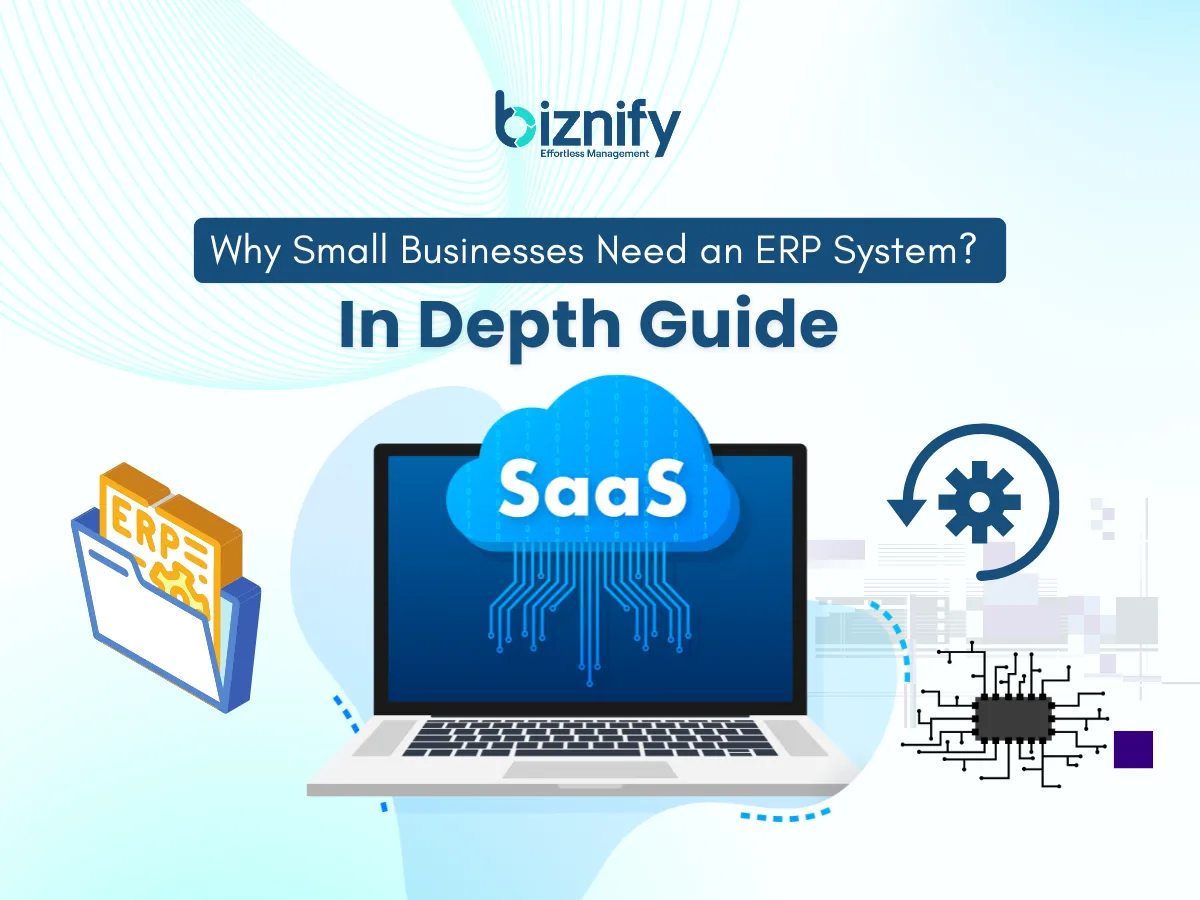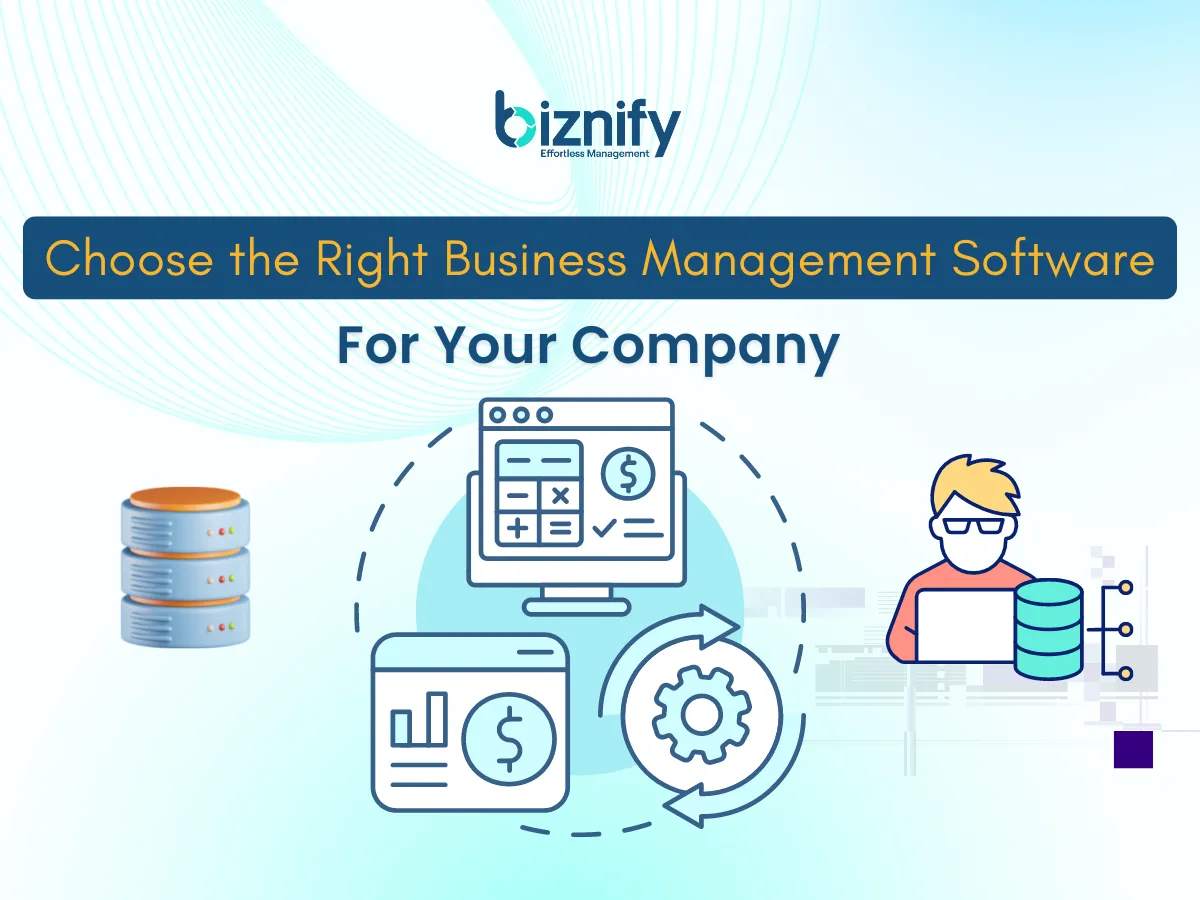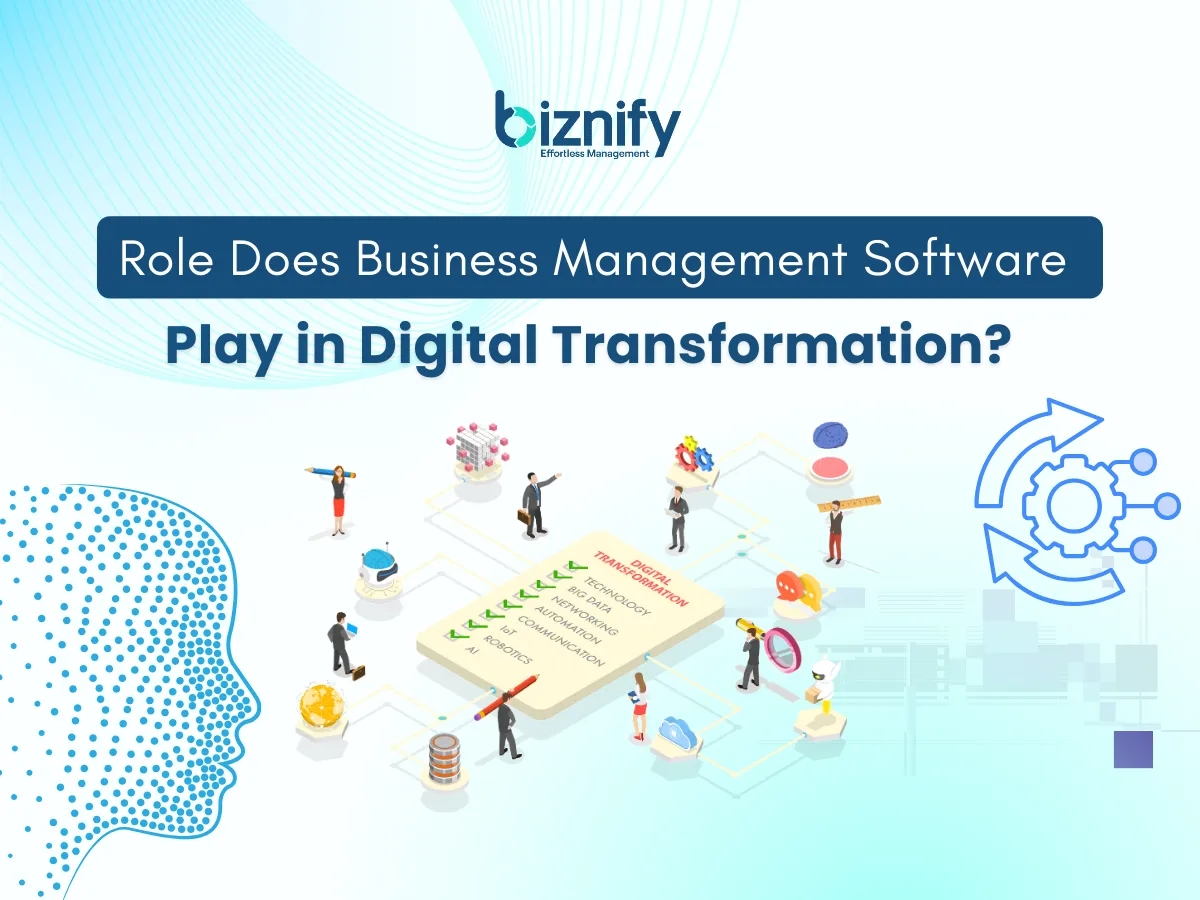
Feeling overwhelmed trying to keep your small business organized and running smoothly? It might be time to discover how an ERP system can turn things around for you.
Enterprise Resource Planning (ERP) systems aren’t just for big corporations anymore. More and more small businesses are realizing just how valuable they can be. Imagine having all your business processes integrated into one easy-to-use system. That’s what ERP offers—streamlined operations, reduced costs, and new growth opportunities.
In this article, we’ll break down what an ERP system is and why it’s becoming a must-have for small businesses. You’ll find out how ERP can boost your efficiency, improve data accuracy, and support your growth. If you’re looking to simplify your workflows or get a better grip on your finances, an ERP system might be exactly what you need.
Let’s dive in and see how this powerful tool can help revolutionize your business!
So, ERP stands for Enterprise Resource Planning. In simple terms, it’s software that brings all your business processes together into one cohesive system. Think of it like this: You’ve got one tool that handles finance, manages inventory, and keeps track of customer details—all in one place.
Core Components: With ERP, you get a range of essential features. It helps you manage your finances, track your inventory, and handle customer information. Everything is integrated, making your operations smoother and more efficient.
How It Works: ERP connects all these different functions into a single system. This means you can manage your business processes more easily, cut down on manual tasks, and get a clear, real-time picture of how everything is running.
In short, ERP simplifies your business by tying everything together. It helps you run your operations smoothly and gives you a better handle on your day-to-day tasks.
ERP systems aren’t just for big companies. They can be a real game-changer for small businesses too. They help you save time, cut costs, and support your growth—so you can focus on what matters: growing your business. Here’s how:
Automate Daily Tasks: Think about how much time you’d save if your software could handle those repetitive tasks for you. ERP systems take over manual work, letting you focus on more important things.
Organize Operations: With ERP, you can simplify your processes and speed things up. Everything works together seamlessly, making your daily operations run smoother.
Lower Operational Expenses: ERP helps you cut down on mistakes and unnecessary costs. By organizing your workflows, you can reduce overhead and manage your budget better.
Improve Resource Allocation: Instead of wasting resources, ERP helps you use them more effectively. This means getting the most out of what you have and spending less on things you don’t need. ERP software prices might seem high but in the long run it will cut a lots of costs and also improves your workflow significantly.
Real-Time Insights: Get the latest information whenever you need it. ERP systems give you real-time data, so you’re always making decisions based on the most current info.
Accurate Reporting: Generate reports and forecasts with confidence. ERP systems ensure your reports are accurate and reliable, giving you clear insights into how your business is doing.
Scalability: As your business grows, your ERP system can grow with you. It’s easy to scale up and add new features without disrupting your operations.
Flexibility: Need to adjust to new needs or opportunities? ERP systems are flexible, letting you add or change features as your business evolves.
Centralized Information: Share data across departments with ease. ERP systems keep everyone on the same page by providing a single source of truth.
Better Collaboration: Work together more smoothly. ERP systems enhance teamwork by coordinating activities and projects in one unified platform.
Implementing an ERP system can be a game-changer for your business, but it does come with some challenges. While ERP systems offer fantastic benefits, being aware of these challenges and planning for them will help you navigate the implementation process more smoothly. Here’s what you need to watch out for:
Understand the Investment: Be prepared for both the upfront and ongoing costs. ERP systems often require a significant initial investment, plus there are ongoing expenses for maintenance and updates. Make sure you budget for these so there are no surprises down the road.
Compatibility: Check that the ERP system works well with your current tools. The new system must integrate smoothly with what you’re already using to avoid any compatibility issues.
Customization: You might need to tailor the ERP system to meet your specific needs. Customizing the system can be a bit tricky and might add to the cost, but it’s important to get it just right for your business.
Training: Invest in training for your team. To benefit from your new ERP system, everyone needs to know how to use it properly. Good training can make all the difference in ensuring a smooth transition.
Overcoming Resistance: Be ready to handle any resistance from your staff. Change can be tough, and some team members might be reluctant to adapt. Open communication and support will help ease this process.
Picking the right ERP system for your business is a big decision. Choosing the right ERP system is about finding a solution that fits your business needs and helps you grow. Focus on key features and carefully compare vendors to ensure you make the best choice for your business. Here’s how to get it right:
Key Modules: Make sure the ERP system covers all the essentials like finance, CRM (Customer Relationship Management), and inventory management. These are crucial for keeping your business running smoothly.
User-Friendly Interface: The system should be easy to use. A simple, intuitive interface means your team can pick it up quickly, so you spend less time on training and more time getting things done.
Compare Providers: Don’t just go with the first vendor you find. Check out different providers to see which one offers the best features, support, and overall value for your business.
Check Reviews: Look at what other customers have to say. Reading reviews and testimonials can give you a good sense of how the system works in real life and how well the vendor supports their clients.
Implementing an ERP system can be a big boost for your business, but getting it right is essential. For a successful ERP implementation, you need to plan, train your team thoroughly, and have good support in place. Follow these tips, and you’ll set your business up for a smooth transition and effective use of your new ERP system. Here’s how to make sure everything goes smoothly:
Set Clear Goals: Start by defining what you want to achieve with your ERP system. Are you looking to streamline operations, improve inventory management, or enhance customer service? Having clear goals will help guide the whole process and measure your success.
Invest in Training: Make sure your team gets the training they need to use the ERP system effectively. Investing time and resources into comprehensive training helps everyone get up to speed quickly and reduces mistakes.
Get Help When Needed: Even with the best planning and training, you might run into issues. Make sure you have access to reliable support from your ERP provider. Being able to get help when you need it will keep everything running smoothly.
To wrap things up, ERP systems offer incredible benefits for small businesses. From boosting efficiency to saving on costs, they can truly transform how you operate.
By bringing all your processes together into one organized system, you can simplify your daily tasks, reduce overhead, and make better decisions with accurate data. As your business grows, an ERP system grows with you, providing the flexibility and scalability you need.
So, why wait? Explore your ERP options for small business today and see how they can take your business to the next level.
Ready to elevate your business? Start your ERP journey now!
Get a guided product demo tailored to your business needs. No assumptions. No generic walkthroughs. Just real use cases.


Just exploring ERP or unsure which modules you need? The Biznify team’s here with straight answers.